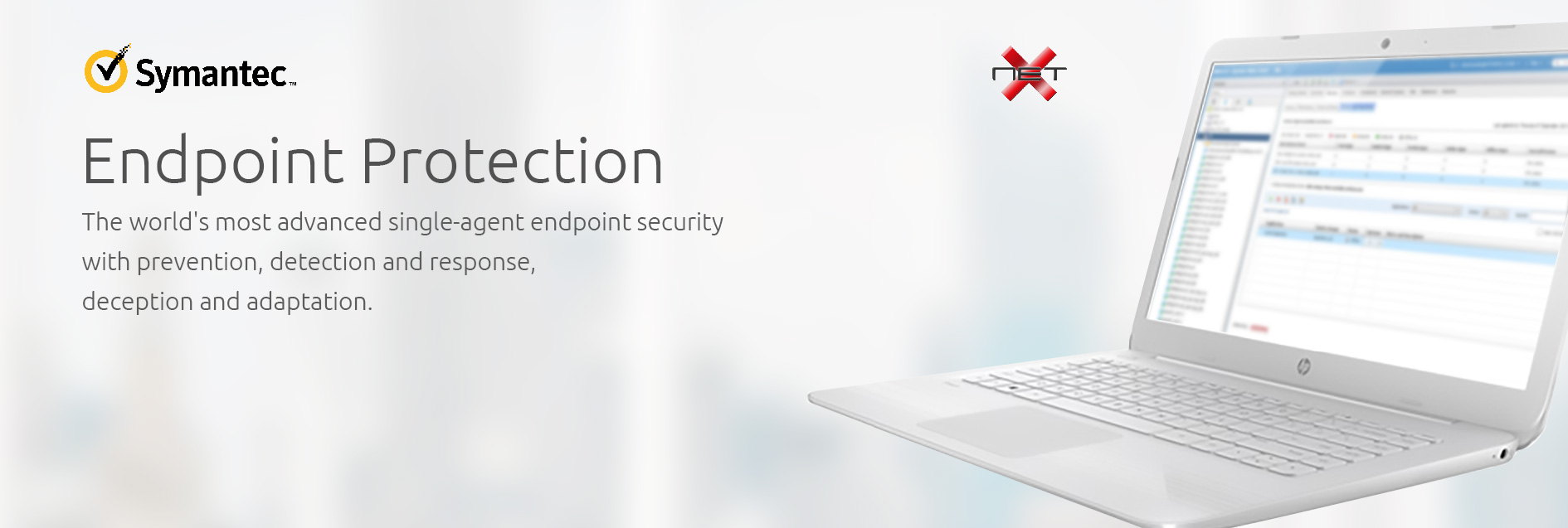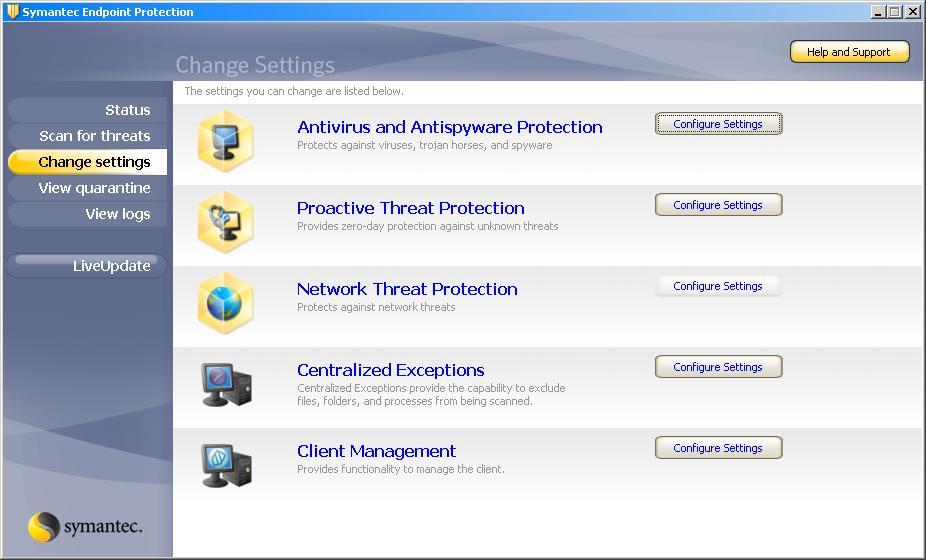

It is true, however, that Ubuntu 22.04 comes with a newer version of the openssl libraries, 3.0.2. By using a much older version of the libraries than appears to be required, you might be opening up your system to security vulnerabilities, so I am not sure this is wise. If you look back from version 1.1.1 in the openssl release notes, you'll note that a large number of security vulnerabilities and bugs were addressed between 1.0.2o and 1.1.1f. It appears that you have installed version 1.0.2o. On Ubuntu 20.04, ESET appears to be picking up the system installed openssl libraries, which are at 1.1.1f, and given that this is an LTS release, ought to be patched for known vulnerabilities. However for now the workaround runs perfectly for me.īy the way, even though I don't use Ubuntu 22.04 it is quite likely that EEA fails on Ubuntu 22.04 for the same reason and that one needs older versions for libssl and libcrypto as well.


Of course there is no guarantee that this will work for ever and hopefully ESET will officially support Fedora in the future (at least this is the minimum I expect as a customer who used NDO32 before for years and who was forced to upgrade to EEA.). This time it should install and run smoothly 🙂

For example, from root prompt:Ĭp /path/to/prebuilt/autoprotect/*.ko /opt/Symantec/autoprotect/ This method will make no attempt to recompile autoprotect modules from source files and no developer tools need be installed. Prior to installing SEP on other Linux machines, copy any prebuilt *.ko modules into /opt/Symantec/autoprotect/ and rather than run the SEP install.sh script use the rpm command line (or dpkg command for *.deb packages) within the SEP "Repository" directory. See Manually compile Auto-Protect kernel modules for Endpoint Protection for Linux. Install development tools on just one Linux machine to create pre-compiled modules if necessary.


 0 kommentar(er)
0 kommentar(er)
